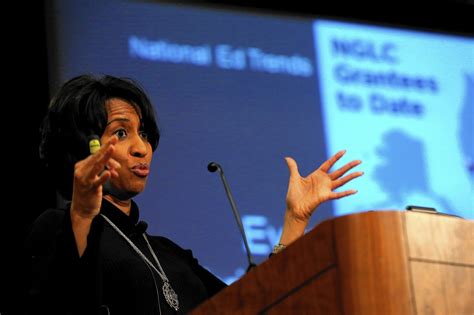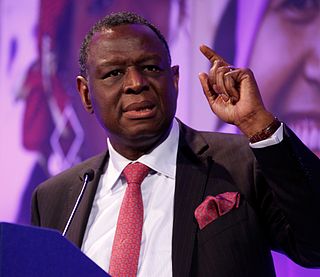A Quote by Fred Eychaner
Part of our history includes the long struggle to pass the Chicago Human Rights Ordinance.
Related Quotes
To ask about the 'source' of rights or morals assumes an erreous conclusion. To ask about the source of morals is to assume that such a source exists. As if it existed outside of human constructed systems. The 'source' is the human ability to learn from experience and to entrench rights in our laws and in our consciousness. Our rights come from our long history of wrongs.
Sexual and reproductive health and rights are universal human rights!They are an indivisible part of the broader human rights and development equation. Their particular power resides in the fact that they deal with the most intimate aspects of our identities as individuals and enable human dignity, which is dependent on control of our bodies, desires and aspirations.
The way we need to view aid is as a fulfillment of rights, and Mexico, as other countries around the world, have agreed and signed the Universal Declaration of Human Rights and the covenants of Human Rights and that includes the right to food, the right to water, the right to housing and the right to education.
I want to stress again that human rights are not peripheral to the foreign policy of the United States. Our pursuit of human rights is part of a broad effort to use our great power and our tremendous influence in the service of creating a better world, a world in which human beings can live in peace, in freedom, and with their basic needs adequately met.
Our Bill of Rights, the most precious part of our legal heritage, is under subtle and pervasive attacks... In the struggle between our world and Communism, the temptation to imitate totalitarian security methods must be resisted day by day... When the rights of any individual or group are chipped away, the freedom of all erodes.
Throughout history, the human species has struggled to some extent. It's part of us, as human beings, to provide better for our children and to try to do all these different things. The expectations have changed drastically, and thank God they have. Women have more rights, and women do have their own power in the world.



































